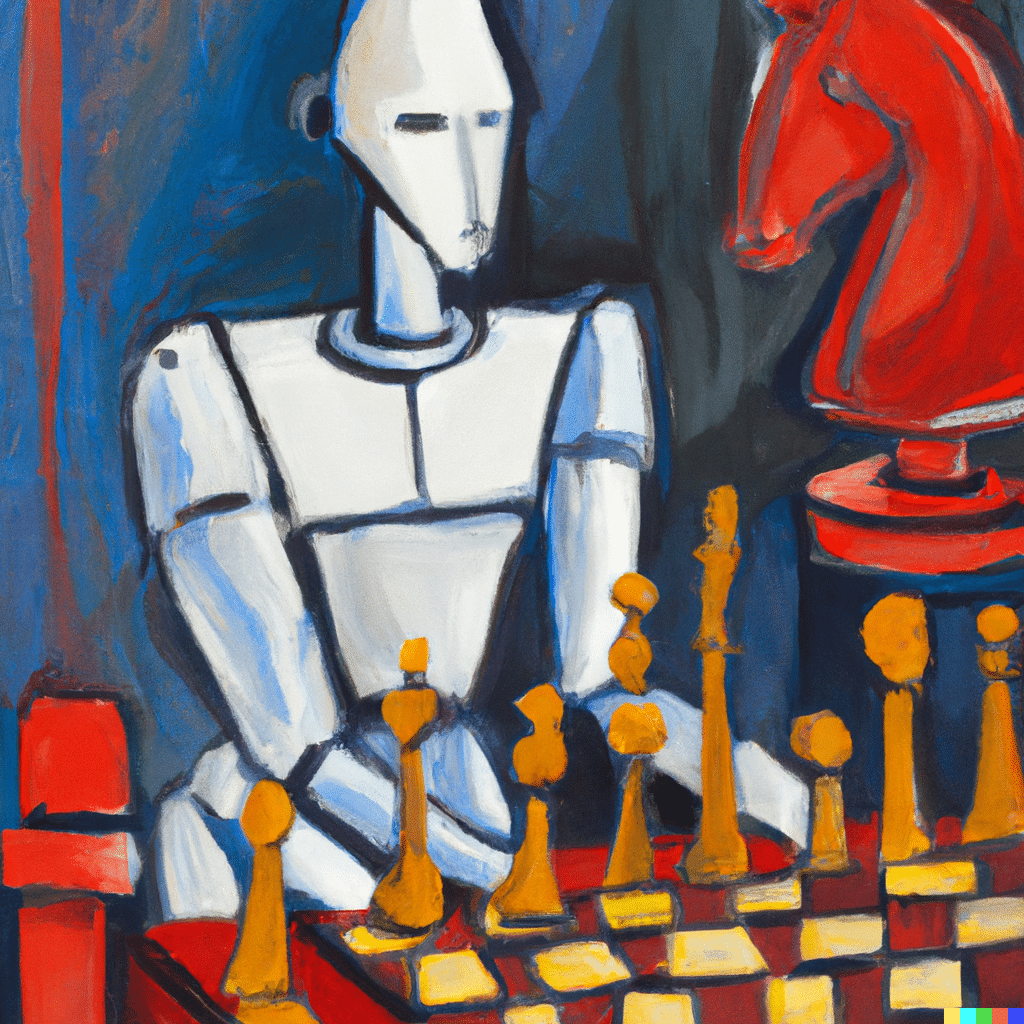
The answer to this question depends upon what we mean by “intelligence”. Justice Potter Stewart of the US Supreme Court said in 1964, “Intelligence is like porn, difficult to define, but you know it when you see it.” When we observe members of our species we see some who learn quickly, can solve problems easily, and can articulate ideas clearly. Others struggle with abstract concepts, learn more slowly, and have difficulty expressing themselves. To describe this variation in human capability, we use the term, intelligence. Perhaps the most widely accepted definition is the one articulated by psychologist Linda Gottfredson:
Intelligence is a very general mental capability that, among other things, involves the ability to reason, plan, solve problems, think abstractly, comprehend complex ideas, learn quickly, and learn from experience. It is not merely book-learning, a narrow academic skill, or test-taking smarts. Rather, it reflects a broader and deeper capability for comprehending our surroundings, “catching on,” “making sense” of things, or “figuring out” what to do.
We humans have used our ingenuity to harness the electronic properties of inorganic elements like silicon, to simulate human intelligence. Computer chips, operating on the simple rules of logic that humans implement in the deductive process, are able to execute mathematical algorithms much faster than we can. They can beat us in strategy games like chess and GO, and they can store and recall prodigious amounts of information that exceed the capacity of the human brain and humiliate us in games like Jeopardy! Such outstanding performance suggests to many that these devices display a higher level of intelligence than humans.
Early in the development of such devices, Alan Turing, addressed the question, “Can machines think?” He argued that if a human interrogator at a keyboard asks questions of a human as well as a computer, both hidden from view, and is unable to determine from their answers, which of them is human, then that computer is truly a thinking machine. This has since been referred to as the Turing test for a thinking machine. In some sense, this is Turing’s definition of “intelligence.”
Artificial intelligence is based on algorithms that are discrete and process information in a linear fashion. Humans, on the other hand, “understand” concepts the same way we understand metaphor–using relationships and connections that is more analogue than digital. For that reason, those who believe in the “soft AI” philosophy, such as Roger Penrose and others argue that AI will never acquire “real intelligence.” See, Is it possible for AI (artificial intelligence) to create intelligence greater than itself and surpass human intelligence? – Intelligence and IQ
Attributing an IQ to a machine is still outside our scope, because the concept of intelligence is not clearly defined. If we refer to Gottfredson’s definition of intelligence (given above), and focus on the “problem-solving” component of intelligence, we recognize that artificial intelligence may be superior at solving sharply-defined mathematical problems where an algorithm approach is required. However, if we were to give artificial intelligence the problem, “Find a cure for cancer,” artificial intelligence would require that we decide what information is relevant and input the relevant data. The answer seems to hinge upon what it means to understand a concept. So far, it seems that we may be able to compare the processing power of humans and machines, but we cannot really compare their “intelligence.”
